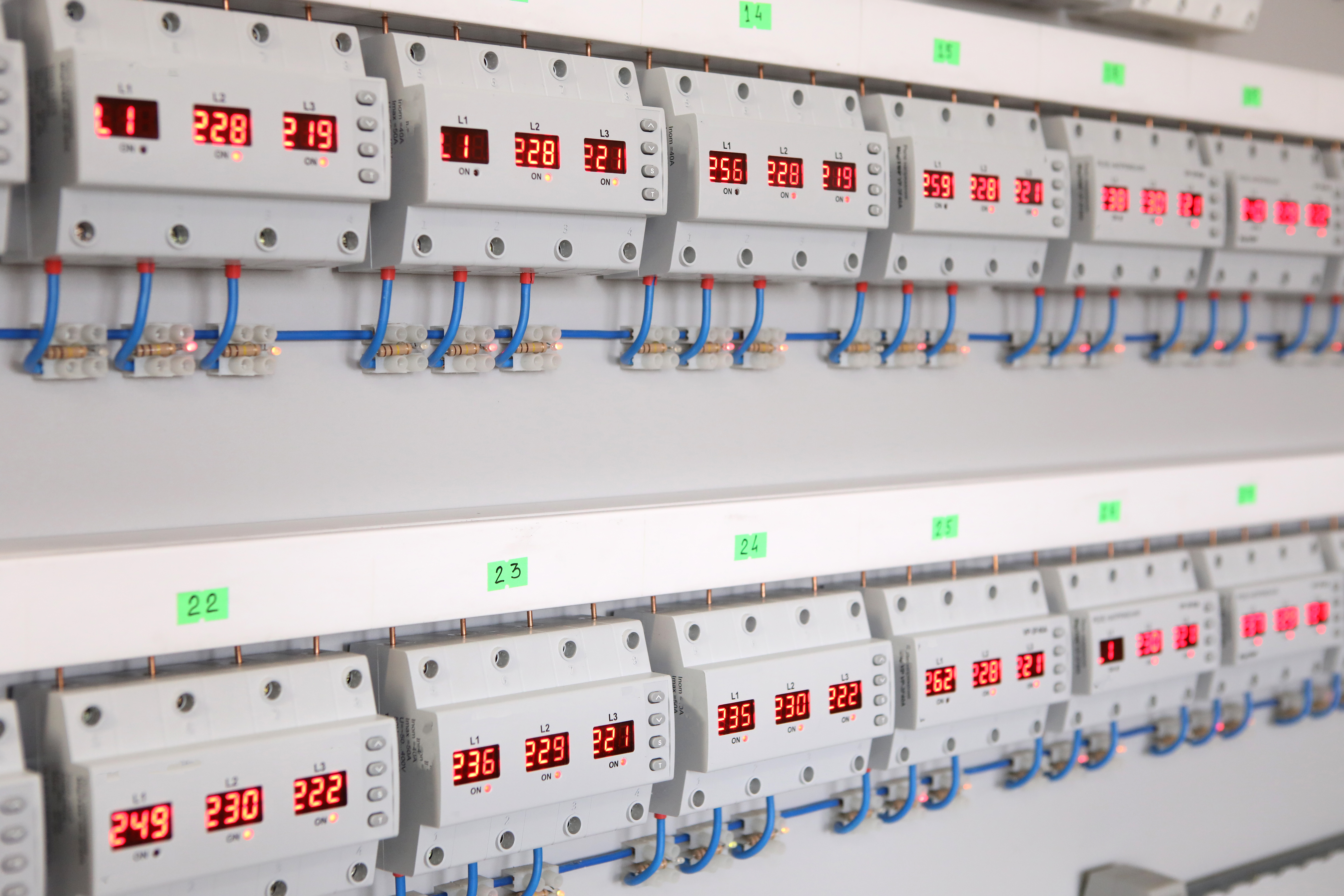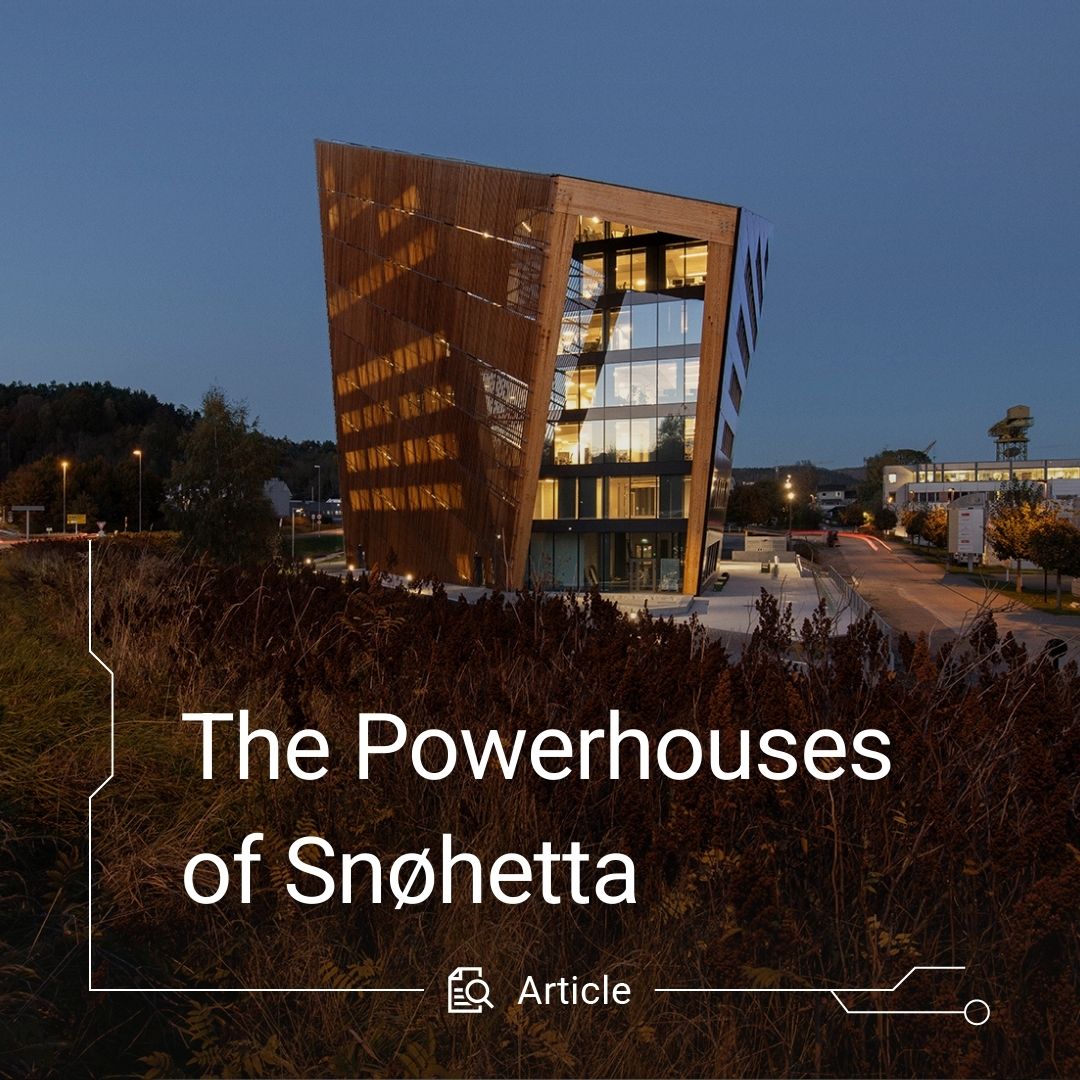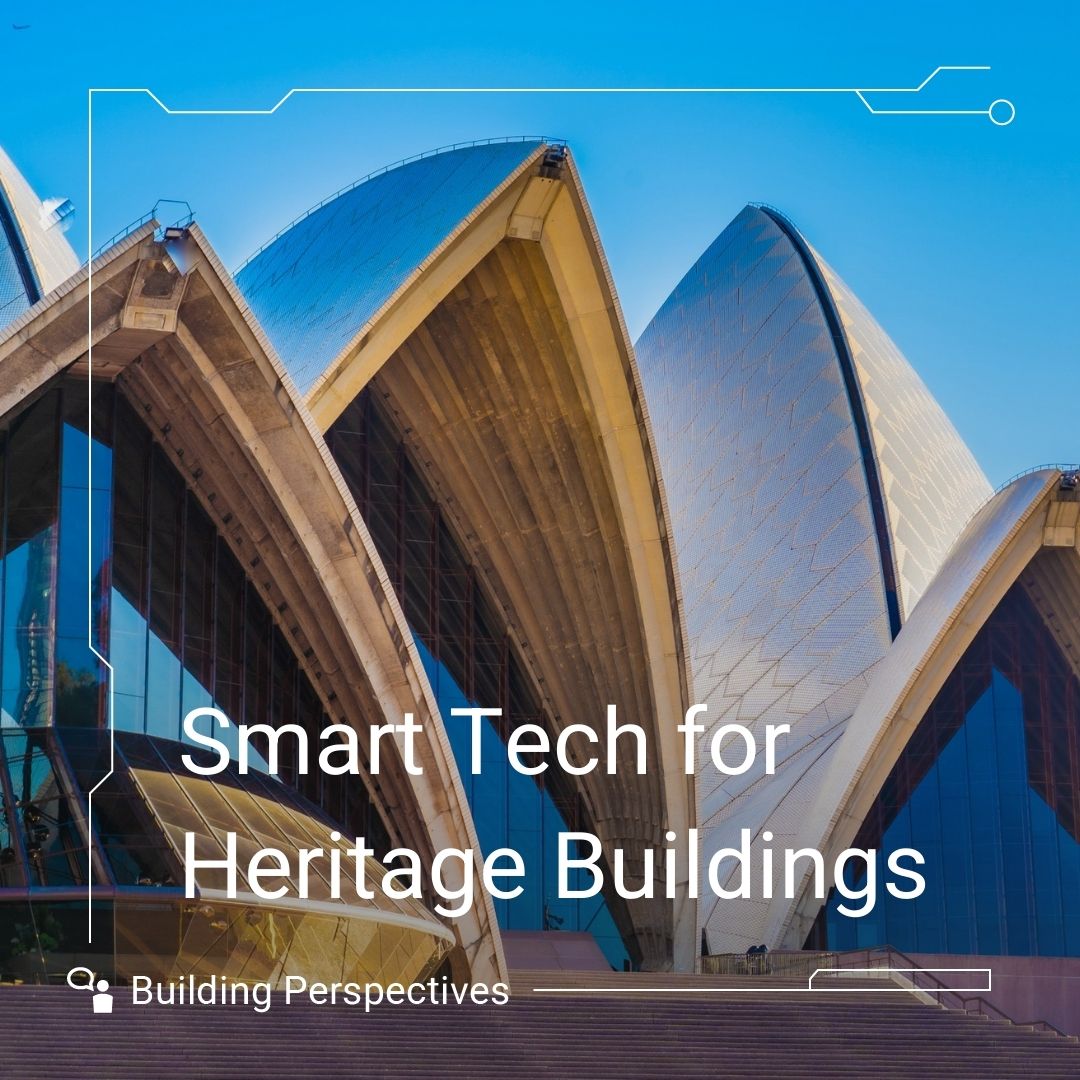The pursuit of sustainable energy solutions is crucial for meeting global climate goals. Advanced energy technologies are pivotal for creating buildings that are not only efficient but also environmentally friendly. What are the significant aspects of modern energy solutions, the challenges faced, and the innovative strategies that propel the energy sector forward?
Reading time: 4 minutes
The Importance of Advanced Energy Solutions for Sustainable Development

The energy sector contributes significantly to global greenhouse gas emissions, underscoring the urgent need for innovative and sustainable energy technologies. Approximately 40% of global energy consumption stems from the building sector, making it a critical area for energy optimization and emissions reduction. Advanced energy technologies facilitate a shift toward more sustainable energy sources such as solar, wind, and geothermal energy, which help to lower carbon footprints and promote energy independence. These systems are not just limited to new buildings but are also adaptable for retrofitting existing structures, offering vast potential for energy savings and sustainability improvements.
Key Challenges in Implementing Modern Energy Technologies
While the potential of advanced energy solutions is immense, several challenges hinder their full-scale adoption. One primary issue is the integration of renewable energy systems into existing infrastructure, which often lacks the flexibility required for seamless integration. Additionally, the upfront costs associated with transitioning to greener energy technologies can be significant, posing financial barriers for many organizations. Energy storage solutions are another area where challenges persist; the ability to store energy efficiently is critical for maintaining a consistent energy supply, particularly when dealing with intermittent sources like solar and wind power. Despite these obstacles, the development of scalable, efficient, and cost-effective energy storage systems, such as hydrogen and advanced battery technologies, continues to advance, paving the way for broader implementation.
Innovations Driving the Future of Energy Technology
Modern energy technologies encompass a wide array of systems designed to optimize energy use and integrate renewable sources. Smart grids, which allow for real-time energy distribution and management, play a pivotal role in the efficient use of renewable energy. Coupled with advanced energy management systems, they help monitor consumption patterns, optimize energy allocation, and reduce dependency on non-renewable sources. Another significant innovation is the use of combined heat and power (CHP) systems, which simultaneously generate electricity and thermal energy from a single fuel source, increasing overall energy efficiency. As technological advancements continue, the integration of AI in energy management provides predictive capabilities, ensuring energy needs are met with minimal waste and maximum efficiency.
Enhancing Energy Efficiency through Retrofitting and Smart Solutions
For existing buildings, retrofitting offers substantial opportunities to enhance energy efficiency. Upgrading insulation, installing energy-efficient HVAC systems, and incorporating automated controls can significantly reduce energy consumption. Smart energy solutions, such as automated building management systems, facilitate real-time adjustments to energy usage based on factors like occupancy and outdoor climate conditions. These systems can lower energy consumption by up to 30%, contributing to a substantial reduction in operational costs and environmental impact. Additionally, sustainable materials used in the retrofitting process can further improve a building’s overall energy performance and sustainability credentials.
Advanced energy technologies and sustainable practices are essential for achieving a cleaner, more efficient energy landscape. By overcoming current challenges and embracing innovative solutions, the building sector can play a crucial role in meeting global climate targets. The integration of renewable energy, enhanced energy storage, and smart energy management solutions are key components of a future where sustainability and efficiency go hand in hand.
FAQ
What are the most effective advanced energy solutions for reducing energy consumption in buildings?
Advanced energy solutions such as smart grids, energy management systems, and combined heat and power (CHP) systems are highly effective in reducing energy consumption. These technologies optimize energy distribution, monitor usage in real-time, and adjust consumption based on current needs. Implementing these systems can lead to significant reductions in energy use, especially when combined with renewable energy sources like solar and wind power.
What are the main challenges in integrating renewable energy technologies into existing building infrastructure?
The primary challenges in integrating renewable energy technologies include the high initial investment costs, the need for flexible infrastructure capable of accommodating these new systems, and the development of efficient energy storage solutions. Existing buildings often require retrofitting to support renewable energy systems, which can be complex and costly. Additionally, ensuring a consistent energy supply through effective energy storage is essential for overcoming the intermittency of renewable sources.
How do smart energy management systems contribute to sustainability in buildings?
Smart energy management systems play a vital role in enhancing the sustainability of buildings by using data to monitor and optimize energy use in real-time. These systems analyze consumption patterns and adjust energy distribution to reduce waste. They can automatically control heating, cooling, and lighting based on occupancy and weather conditions, which lowers energy usage and reduces greenhouse gas emissions. This intelligent approach helps improve overall energy efficiency and aligns with global sustainability goals.





